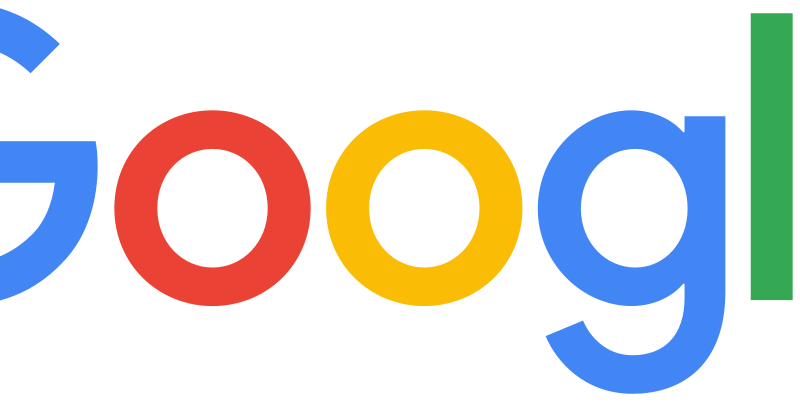We Are Protecting Ukraine Users From Cyber Attacks: Google CEO
Since the invasion of Ukraine by Russia on February 24 2022, several countries have condemned the physical and cyber attacks and have taken measures to support the afflicted nation. Following the sanction of the aggressor by several parties, some organizations like Google have also shown its support for the defending party.
Sundar Pichai, Google’s CEO, revealed in a tweet that they are doing all they can to protect Ukrainian users. The attached blog post stated that the company’s security team is on call 24/7 and affirmed that Russia-backed hacking and influence operations are not new and has taken action against them for years.
The article further stated that the said company has issued hundreds of government-backed attack warnings to people in Ukraine using products like Gmail over the past 12 months alone and has maintained increased vigilance during the invasion and our products will continue to automatically detect and block suspicious activity.
Explaining some perceived threats, the Threat Analysis Group (TAG) has seen the attackers behind the GhostWriter threat group targeting Ukrainian government and military officials and has blocked these attempts and has not seen any compromise of Google accounts as a result of the campaign.
The team is said to have automatically increased Google account security protections (including more frequent authentication challenges) for people in the region and will continue to do so as cyber threats evolve.
Additionally, TAG claimed that the Advanced Protection Program — which delivers Google’s highest level of security — is currently protecting the accounts of hundreds of high-risk users in Ukraine. And “Project Shield,” a service providing free unlimited protection against Distributed Denial of Service attacks, is already protecting over 100 Ukrainian websites, including local news services.
Extra steps taken to ensure the spread of vital information include blocking YouTube channels connected to RT and Sputnik across Europe. This builds on our indefinite pause of monetization of Russian state-funded media across our platforms, meaning media outlets such as RT are not allowed to monetize their content or advertise on our platforms.

